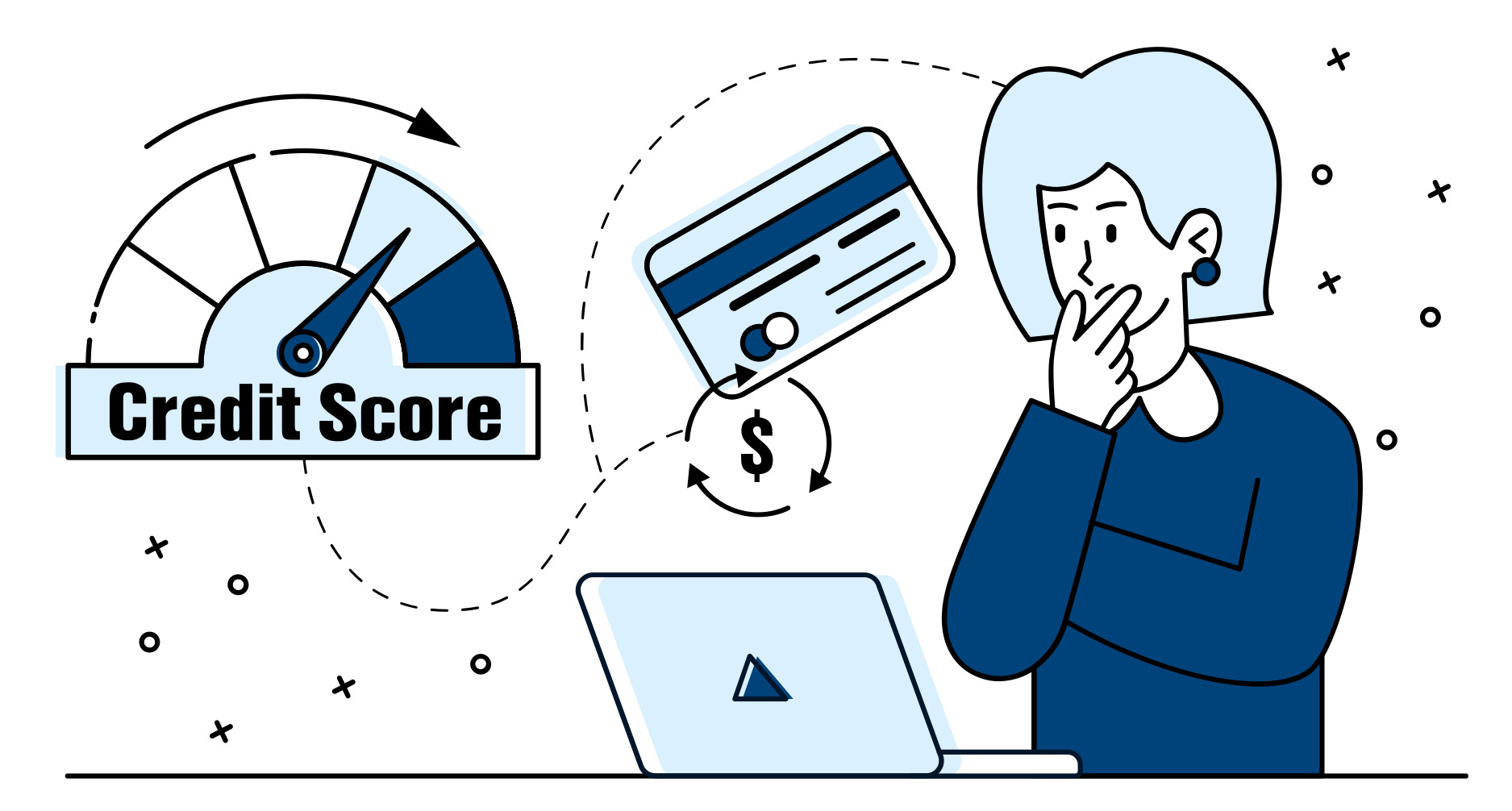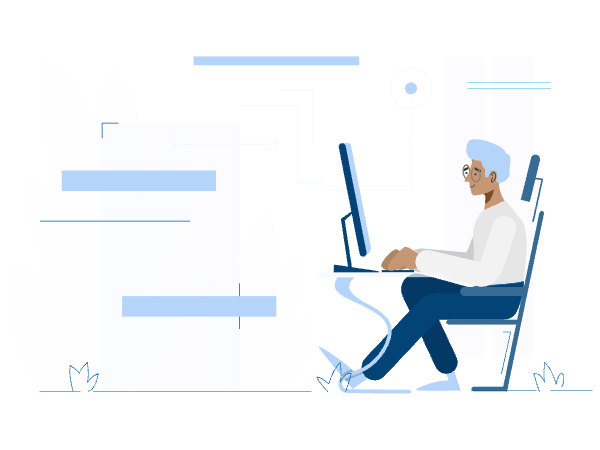Payment history is one of the most critical aspects of your credit score, and setting up automatic bill payments can help ensure you never miss a payment.
But is it a good idea? There are benefits and downsides to using automatic payments to cover bills.
What are Automatic Bill Payments and Autopay?
An automatic payment is essentially a scheduled payment you regularly make for things like bills, credit credits, utilities, gyms, memberships, and more. You can easily set it up directly through your bank or directly through vendors or service providers. It can help you simplify your finances so you can spend your time focusing on more important things.
Like everyone else, you probably have more than one bill to pay each month. Keeping track of all of them can be frustrating, especially if you have trouble making payments on time.
And, no one likes paying bills anyways, so automating the whole process can be very appealing.
Do Automatic Bill Payments Help Improve My Credit Score?
Yes, they do help. To understand the impact that automatic payments have on your credit score, you need to know how credit bureaus calculate your score.
Payment history is the most influential section, accounting for 35% of your FICO score!
Life happens, and there are many ways we could accidentally miss a payment. However, if you miss a payment, your lender or service provider may send a record of that delinquency to one of the three major credit bureaus, and it’ll stay on your file for seven years.
Setting up automatic payments could help you eliminate the risk of delinquencies that harm your credit score.
The Downsides of Automatic Bill Payments
Don’t let the word “Automatic” confuse you. Keeping track of your bills to make sure there aren’t any mistakes is still essential!
It can be hard to keep track of how much you’re spending, and you run the risk of going into overdraft and paying for it with very high fees. Closely track your bank account to make sure you have enough to cover all your payments.
Don’t get me started on all those irritating late fees. Even though your payments are automatic, it still takes time to process. If that payment arrives after your due date, you could incur late fees. Confirm how long it will take for payments to arrive so you can arrange payment dates accordingly and avoid the risk of late fees.
Humans make mistakes, and so can your service providers. What happens if your TV company accidentally charges you twice? Or that $150 bill you were expecting show up as $1500 on your bank statement? While rare, they do happen, and reversing those errors can take time. If you didn’t have autopay set up, they wouldn’t be able to credit your account until you physically pay our bill, at which point you probably would’ve already noticed the glaring error.
The Benefits of Automatic Bill Payments
Automatic payments help you stick to your goals by making sure you pay bills on time.
Using automatic payments can help keep your spending in check by allocating your money towards necessary bills and budgets as soon as you get paid each month.
You’ll also be taking fewer trips to the mailbox because your paper trail will be electronic, and it’ll help improve your credit score as a result. What’s more to ask?
When is Automatic Bill Payments a Good Idea?
It’s important to mention that autopay may not work for everyone. It’s helpful, but only if you’re committed and organized to improve your finances and closely monitor progress.
If you’re living paycheck to paycheck, I would be careful when setting up automatic payments. It will help if you had a bit of wiggle room if there are slight increases or sudden changes to your bill. If your monthly expenses are consistently less than your income, you should benefit from using this strategy. Either way, it’s best to start with a couple of bills, to begin with, and work your way up to adding all of your accounts when you’re ready.
As we mentioned before, having autopay set up doesn’t mean you should stop monitoring your expenses. It’s essential to keep track of what you’re spending and make adjustments if needed. There may be errors or inconsistencies, too, so periodic checks will help ensure you don’t get thrown off track.
Bills You Could Put on Autopay
The great thing about autopay is you could use it for just about anything, and you’re probably using it now.
Loans & Credit Cards
Most banks and lending companies will give you the option to pay your bills each month automatically. There’s no manual set-up process, and they might even give you a discount!
Cellphone
Most cellphone companies allow you to pay your bills each month on a set date automatically
Utilities
Bills like electricity and water are frequently set to autopay, and you can even use a service like Experian Boost to report all your payments to credit bureaus each month.
Subscriptions & More
Just about anything you can think of can be set up with autopay, I could go on all day, but I’m pretty sure you get the drift by now.
How Do I Make The Most Out of Automatic Bill Payments
If your bill is for a fixed amount every month, I would use your bank’s autopay to help you keep track of multiple payments. If the cost is likely to vary month to month like a credit card, make sure you set up autopay directly from the provider so they can take the total amount owed.
Setting up alerts for all your bills can also be helpful. That way, if there are any inconsistencies, you’ll be able to address them immediately. We mentioned how it was essential to keep track of your spending even though you’ll have autopay set up. Using these alerts is an excellent way of eliminating all the heavy lifting when maintaining your accounts over time.
Bottom Line
Improving your credit score is essential, especially if you’re considering a large purchase or a mortgage soon. Considering that payment history makes up for 35% of your credit score, finding ways to keep track of all your bills can be helpful. By setting up automatic payments for all your bills, you could eliminate the risk of delinquencies that could harm your credit score. Setting up autopay is simple and easy, but make sure you have some wiggle room in your budget to prevent going into overdraft and incurring hefty fees. If you’re struggling to pay bills on time, a salary-linked loan could help.



